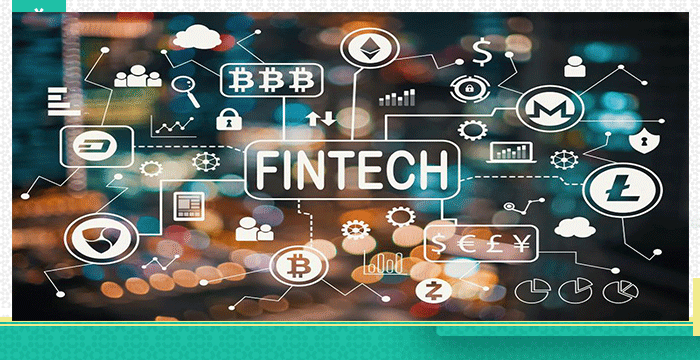
The Iranian Association of Islamic Finance held a specialized session on Islamic Fintechs; Challenges and Opportunities.
The Iranian Association of Islamic Finance held a specialized session on Islamic Fintechs; Challenges and Opportunities on 16 August, 2022.
Regarding fintechs and whether we have Islamic fintech at all, Dr. Hassan Ban, a new business development consultant, said just as we have Islamic financial institutions, we will also have Islamic fintechs. Many of these Islamic fintechs operate in new mechanisms in Islamic countries.
When we talk about fintech, we basically talk about the two pillars of finance and technology. These two are like 2 wings for making progress in this field. They provide a financial service faster or at a lower cost.
There are different types and classifications of fintechs, including alternative financing, capital market, digital assets, banking license payment, financing funds, deposit, lending (which has recently become very popular in Iran), wealth management, insurance and social financing.
In social finance, the most recent issue in the world is the discussion of macro sukuk, which can be done more easily through these fintechs, whether it is paid to individuals or to SMEs.
Dr. Ban also stated that when you talk about basic technology, there will be an innovation after that. For example, in cryptography you can talk about smart contracts, which have been very little discussed in Iran, and which make the contract never go out of its shari'a compliance and determine terms and conditions that the contract is always shari'a compliant. Those who are more successful in fintech have sufficient capabilities in both financial and technological wings. It means that they should have an understanding of finance, Islamic contracts, and technology.
Unfortunately, most of the fintechs in the world market are not mentioned as Islamic fintech, and they mudt introduce their platforms to the Islamic communities. Fintechs can operate across borders and this is an opportunity for their growth.
Regarding the challenges of fintechs, Dr. Ban mentioned one of them is the lack of Islamic financial literacy and this is perhaps one of the biggest problems in the growth of startups. The second issue is capital, and of course it is not a problem as it is almost solved in Iran. The third issue is the legislator, and this is not only for Islamic fintechs, other fintechs and startups still have this problem. Also the lack of skilled manpower who has skills in both technology and finance are other challenges of this area.


